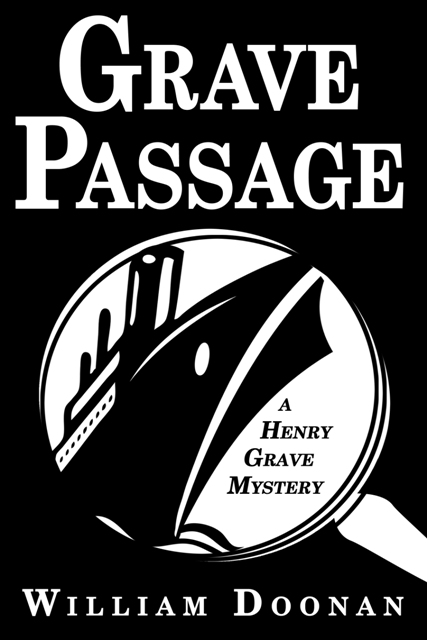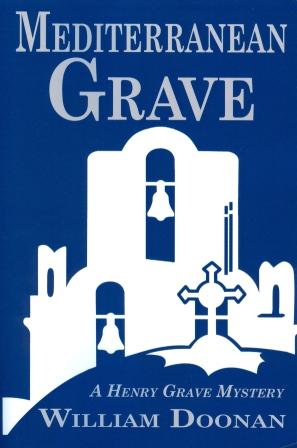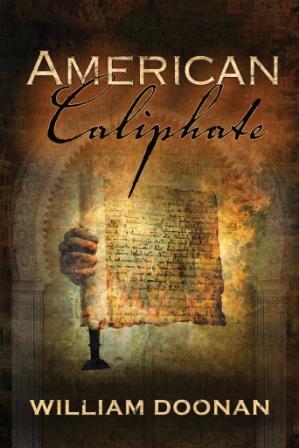There’s nothing quite like the feeling of knocking out that
first draft. The storyline is tight, the
characters fresh, and the plot compelling.
But there’s also nothing quite like the first proofread, when you confront
your own sallow, grammar-free, meandering prose.
Rewriting is half the battle, more than one writer has noted. But recently I’ve discovered ten new apps
that make rewriting much easier:
1) Dwindle – this
is one of my favorites. Dwindle scrubs through your pages
looking for redundancy, excessive verbosity, and all manner of unnecessary
words. For example, here’s an excerpt
from my new mystery Lady Agatha & The Nine Cumberbunds:
“Agatha approached the cruller like a bear would, if a bear
had a cruller. She circled it twice,
then moved in. The cruller didn’t stand
a chance. Within seconds it was
diminished by a third, then another third, then a couple of sixths until it was
nothing but crumbs and memories. Agatha devoured
the former and cherished the latter.”
Here’s what the sentence looked like after Dwindle was through with it: “She ate a cruller.” It’s much cleaner.
2) BORK – this
app is great for anyone writing legal mysteries, or anything involving
courtrooms, lawyers, judges, etc. BORK ensures that your legal prose
stays honest. Here’s a report they sent
me after I submitted my first few dozen chapters:
By chapter eleven, Judge Tingle has already sentenced six
people to death; four for carjacking, one for besmirchin’ Lady Agatha’s good
name, and one for the aquarium massacre.
But because the only victims of the massacre were six clams and an
octopus, it seems unlikely that the death sentence would be applied.
3) NyPL – by far the best sex-scene
manager I have used. Writing complex
romantic interludes requires both imagination and attention to detail. And it’s easy to screw up. NyPL
keeps your naughty parts honest. Here’s
what they had to say about one of my early chapters:
A structural error has been identified in the third orgy, on page 23. Given the relative
positions of Agatha, Enrique, Princess Tina, and the UPS driver on the
boathouse futon, the only toes available for Lady Agatha to nibble on would have
been her own. Please revise.
4) ImbiBr – this one is a must for those
who write hardboiled detectives or any characters who drink a little too much
from time to time. ImbiBr ensures that your characters are drinking realistic amounts
of alcohol. And this is important. I’ve seen a lot of writers get in trouble
here, myself included. Here’s what they
said about chapter nine:
Within a seven-hour period, following the deaths of Enrique
and the octopus, Lady Agatha drinks eleven vodka martinis, four liters of gin,
and a Budweiser. If Lady Agatha
weighs 190 pounds, as chapter eight suggests, she has already consumed too much alcohol for life to be
sustained.
I’m glad they caught that.
5) PetScrub – too often, mystery prose
becomes laden with references to pets.
Nobody enjoys reading this, so PetScrub
catches these irritating passages before your reader does. For example, here’s a passage from chapter twelve:
Princess Tina smiled as Captain Woofers
McPuddle bounced up onto her lap, his long whiskers caressing her cheek as his
giant velveteen paws grasped for purchase.
“Who’s my
favorite beasty?” Tina asked rhetorically as Woofers settled in for some
well-deserved cuddling.
Here’s what PetScrub
came back with: Please remove this
entire offensive passage.
6) Ghast – this app is a must for any
horror writer, or for anyone who wants to incorporate a bit of the supernatural
in their work. Ghast will alert you right away if your scary prose falls flat.
Here’s what Ghast
had to say about chapter fifteen: The
chance of both Enrique and the octopus being turned into zombies is slim. Also, Enrique only has one leg, and the
octopus is an octopus, so why would Lady Agatha flee to the boathouse? It’s not scary. Consider revising this whole section. Although a zombie octopus is a novel concept,
it is not a good one.
7) BakStory – too
often we get caught up in the moment, so BakStory
fills in the gaps when a character has not been effectively introduced. Here’s a passage from chapter nineteen that I
thought was very good:
“Take me,”
Lady Agatha purred as she let her kimono fall to the kitchen floor.
“Yes,
ma’am,” said the UPS driver as he scanned her with his hand-held unit. “Special delivery guaranteed!”
BackStory took
issue with the passage, reworking the entire second line:
“Take me,” Lady Agatha purred as
she let her kimono fall to the kitchen floor.
“Yes,
ma’am,” said the UPS driver, who originally hailed from Oswego, the son of
Belgian immigrants fed up with substandard public housing, as he scanned her
with his hand-held unit. “Special
delivery guaranteed!”
8) GunDork – this all-important app will
scrub through all your firearm passages to make sure you aren’t committing any
logistical or second amendment errors.
Here’s what they told me about a scene in chapter twenty: Since Lady Agatha is naked in the
kitchen, it seems unlikely that she would be able to produce a derringer “from
her folds” as well as a crossbow from “parts unknown.” It is also unlikely that she would then “fire
wildly, again and again, and yet again, hither and nither, as the octopus
neared.” First – neither a
derringer nor a crossbow can be fired again and again and again without
reloading. Second – nither isn’t
a word. And third – crossbows
aren’t firearms. For help with
crossbow-related scenes, please consult BoltMaestro.
9) RoofingTile –
this actually has nothing to do with writing, but it’s a great app for
comparing roofing tiles if you find yourself in the market.
10) PUUUKR – no
writer should be without this kissing app.
PUUUKR takes even the
messiest make-out scenes and cleans them up.
Here’s a section from chapter thirty, just after the second aquarium
massacre. Princess Tina is overcome with
emotion.
“I don’t
care,” she sobbed. “I love you.”
Enrique
shuffled near. “It could never work,” he
gurgled. “I’m a zombie.”
“Shhhh.”
Princess Tina pressed Enrique’s finger to his lips, snapping it off in the
process. Then she kissed him deeply,
fervently, hungrily, and mightily. Her
lips thrilled him as they moved from ear to ear, her tongue darting from his chin
to his eyebrow.
Nice, right? Here’s
what PUUUKR had to say: Good Christ,
this is disgusting. What? Is she eating
him? Isn’t he the zombie? Also, where’s the finger that broke off? Is it still in there somewhere? Barf.
These are just ten new writing tools out there designed to
make our writing lives easier. If you’d
like to learn more, please visit
www.williamdoonan.com.
And please have a look at my new serialized novel Continent
Incontinent.
two powerful families
three dreams of territorial
expansion
four failing bladders








